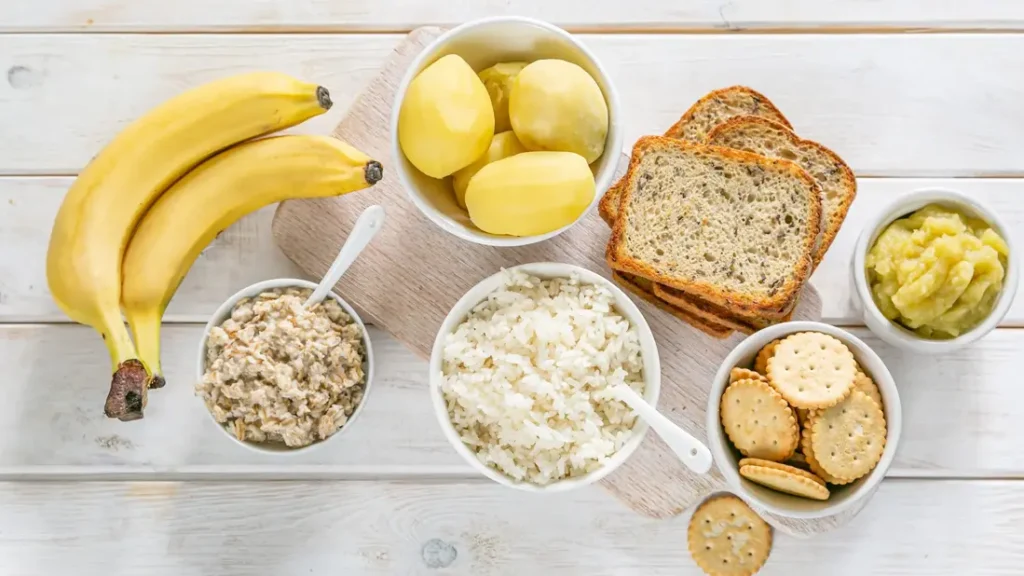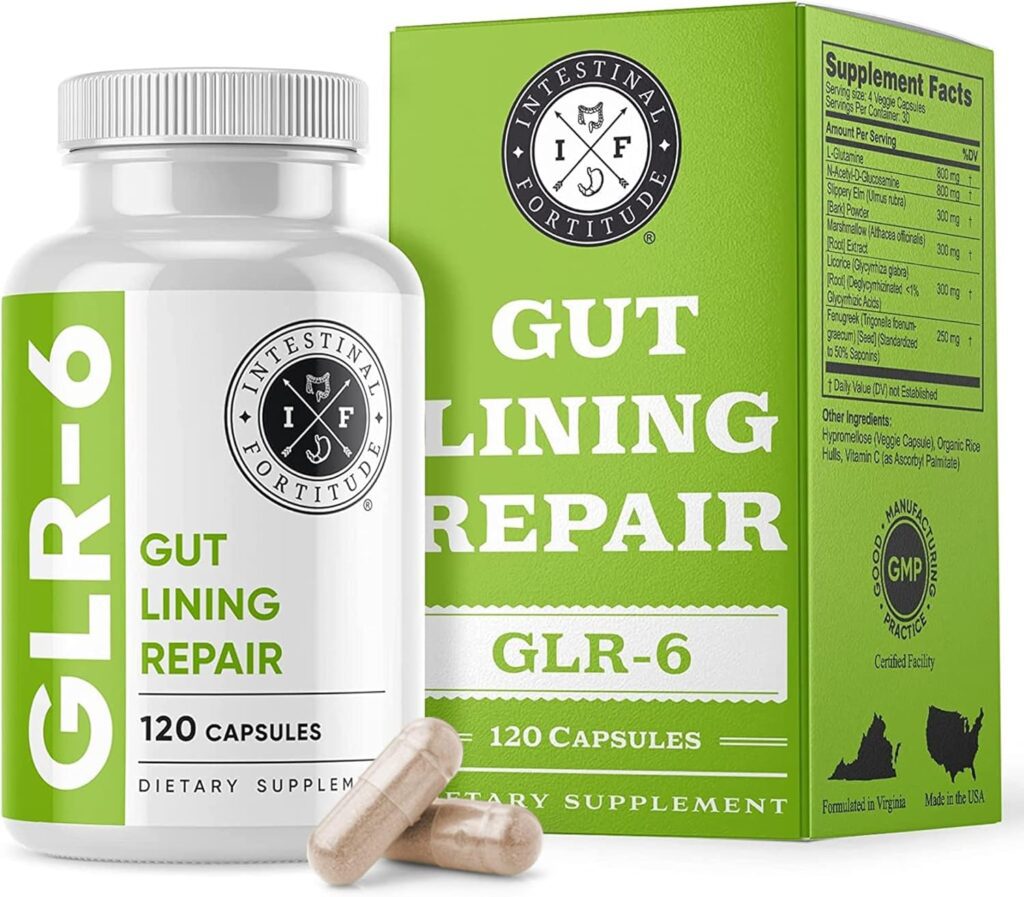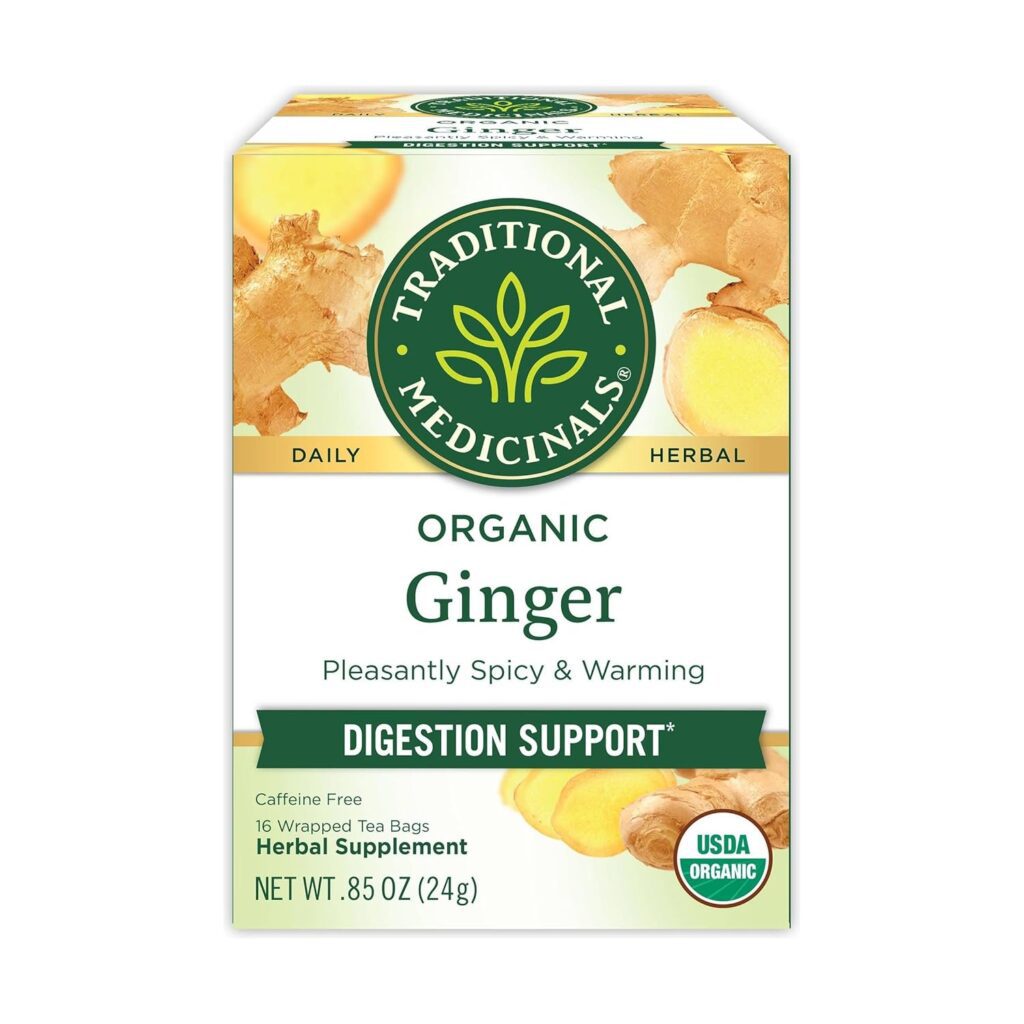If you’ve been dealing with frequent stomach pain, burning, or nausea, you might be experiencing something called gastritis. It’s a common condition where the lining of your stomach becomes inflamed, often causing uncomfortable symptoms like bloating, heartburn, or even vomiting.
The good news? You don’t always have to turn to medications right away. There are natural, easy ways to help reduce this inflammation and feel more comfortable every day.
Let’s walk through 5 natural ways to reduce stomach gastritis and support a healthier digestive system.
1. Support Your Gut Lining with a Gut Health Supplement
One of the best ways to calm the stomach is by supporting the gut lining. When the stomach lining is strong, it can better protect itself from irritation and inflammation.
A supplement like GLR-6 by Intestinal Fortitude can help. It’s a gut health supplement made with ingredients like L-Glutamine, Slippery Elm, DGL Licorice Root, Marshmallow Root, and Fenugreek. These natural compounds are known to be gentle on the digestive tract and support the body’s natural gut barrier.
People who take GLR-6 often look for support with bloating, gut discomfort, and digestive balance. Taking it regularly may help your stomach feel more at ease, especially if you’re dealing with gastritis symptoms.
2. Adjust Your Diet
What you eat plays a major role in how your stomach feels. Certain foods can trigger inflammation and make gastritis worse, while others can help soothe it.
Try to avoid spicy foods, fried foods, alcohol, and caffeine – all of which can irritate your stomach lining. Instead, choose gentle, soothing foods like cooked vegetables, oatmeal, bananas, and bone broth. Eating smaller meals more often can also help reduce stomach stress.
These simple diet changes can go a long way in calming an inflamed stomach.


3. Manage Stress Every Day
Stress isn’t just in your head—it affects your stomach too. When you’re stressed, your body releases hormones that can increase stomach acid and slow down digestion, which may make gastritis symptoms worse.
Daily stress-relief habits can make a big difference. Try deep breathing, journaling, gentle walks, or stretching. Even a few minutes of calm each day can help your body relax and support digestion.
4. Stay Hydrated with Soothing Drinks
Drinking enough fluids is important for digestion, but not all drinks are helpful. Sugary sodas and acidic juices can irritate your stomach, while soothing drinks like warm water, herbal teas (like chamomile or ginger), and coconut water can be calming.
Staying hydrated helps keep your digestive system moving and may reduce that uncomfortable burning feeling in your stomach.
5. Add Probiotic Foods
Probiotics are good bacteria that help keep your gut balanced. When your digestive system has more of the good bacteria, it can be more resilient and better handle irritation.
You can add probiotics to your diet through foods like plain yogurt, kefir, sauerkraut, and kimchi. Eating a little each day can support your gut’s natural defense system.
Final Thoughts
Dealing with gastritis inflammation isn’t easy, but you don’t have to suffer in silence. By embracing natural solutions like a targeted gut health supplement such as GLR-6, adopting a supportive diet, managing stress, avoiding gut-irritating medications, and staying hydrated, you can give your body the support it needs.
Remember, healing is a process. These steps may take time to show results, but with consistency and care, your gut can begin to feel more balanced and comfortable.
Always consult your healthcare provider before making changes to your health routine. But if you’re ready to take a more natural path toward digestive comfort, these five strategies offer a strong foundation.
Start with small changes, and let your gut guide the way to better days ahead.
Affiliate Disclosure
Some of the links on this site are affiliate links. This means that if you click on the link and purchase the item, we may receive an affiliate commission at no extra cost to you. I only recommend products or services that I believe will add value to my readers, however, some (not all) do pay us to be on this blog. Your support and theirs help keep this blog running, and I genuinely appreciate it.
Medical Disclaimer
The information provided on this website is for educational purposes only and is not intended as medical advice. This blog or the writer is not a licensed healthcare professional, and the content should not be used as a substitute for professional medical diagnosis, treatment, or advice. Always consult with your physician or other qualified healthcare provider before starting any new treatment or making any changes to your healthcare routine.

